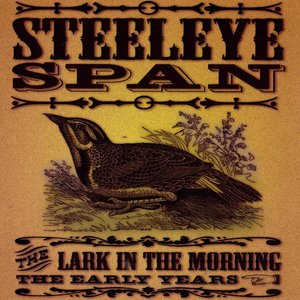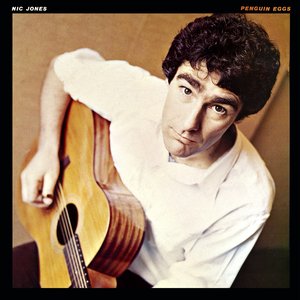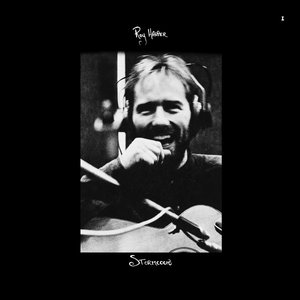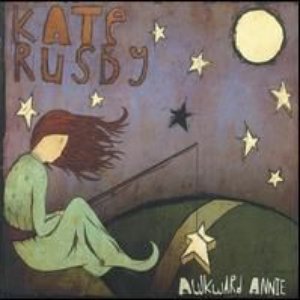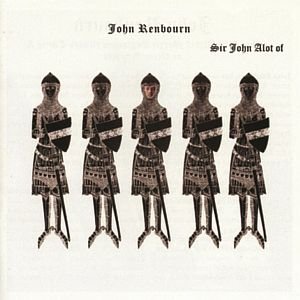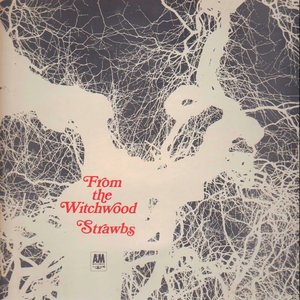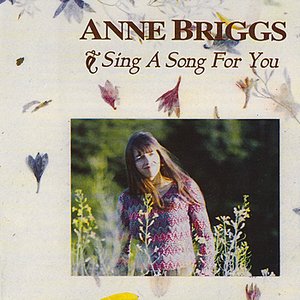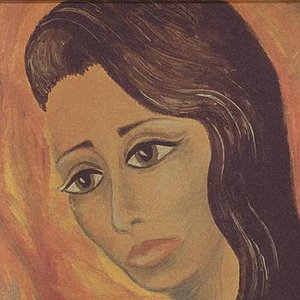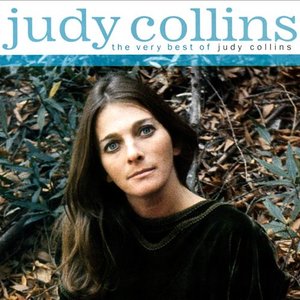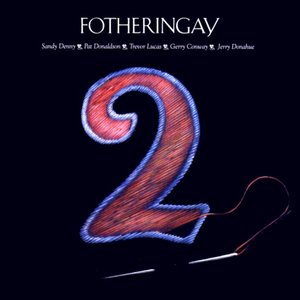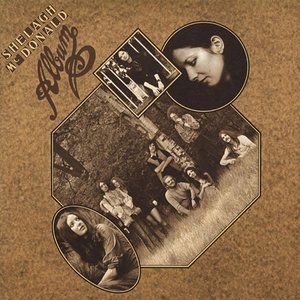Wiki
-
Release Date
1973
-
Length
9 tracks
Like an Old Fashioned Waltz is the third solo album by English folk rock singer Sandy Denny released in June 1974. The album marked her first release that contained none of the folk influences seen on her recordings thus far and for this reason it divided her fans into those that preferred the traditional elements of her earlier work and those that followed her development as a singer songwriter. After Denny's previous album the well-received Sandy had failed to cross over to mass market success she decided that to establish her solo career, a record appealing to a new audience was required. The album was Denny's most personal statement on record so far, and saw someone further refining their songwriting craft, on a nostalgic panoramic song-cycle detailing many of her personal preoccupations: loss, loneliness, fear of the dark, the passing of time and the changing seasons. Marred only by the (albeit convincing) covers of jazz numbers remembered from her father's record collection, Whispering Grass and Until The Real Thing Comes Along which seemed out of place, and broke the subtle mood Denny had created with her own songs. The albums opening track Solo is generally regarded as one of the finest compositions of her career. Harry Robinson had added string arrangements to all Denny's solo albums but on Like an Old Fashioned Waltz the arrangements were far more prominent and generally took away from the purity of Denny's songwriting.
Work begun on the album whilst Denny was still promoting her previous LP Sandy. The first track recorded was No End at Walthamstow Assembly Hall on 3rd December 1972 in a solo version accompanying herself on the piano (This version was subsequently discarded in favour of a new recording with a band and strings). Denny embarked on a month long tour of the US in April 1973 stopping of at the famous studios at A&M Records to record four songs; Friends, Solo, At the End of the Day and the new version of No End prior to a week long residency at The Troubadour (Los Angeles) . After a tour of Europe throughout June and July, sessions for the album resumed at Sound Techniques in London in August where the remaining tracks were recorded; Carnival, Like an Old Fashioned Waltz, Dark the Night and the two jazz standards Whispering Grass and Until the Real Thing Comes Along.
Sandy Denny married Trevor Lucas on the 20th September 1973 at Fulham Registry Office, shortly afterward she put together a band comprising Pat Donaldson, Hughie Burns and Willie Murray with a view to touring the album upon its release; on the evidence of a surviving session for the BBC recorded on November 14th 1973 it was the nearest she had come to a commercial rock sound so far. In the end the band only played a short four date tour as the albums release was delayed from the autumn of 1973, to June 1974 by which time Denny had rejoined Fairport Convention.
The album was originally issued in an embossed gatefold sleeve styled in the colours described in the albums title track (primrose yellow and velvet green) and designed to look like an antique plate, with a floral motif drawn by Denny herself. The cover photograph by Gered Mankowitz depicts Denny in an old style image in the Edwardian taste that she admired. Once again the lyrics were reproduced in the gatefold. A single of Whispering Grass / Friends was released in a sepia picture sleeve in the style of the album cover.
Album descriptions on Last.fm are editable by everyone. Feel free to contribute!
All user-contributed text on this page is available under the Creative Commons Attribution-ShareAlike License; additional terms may apply.

